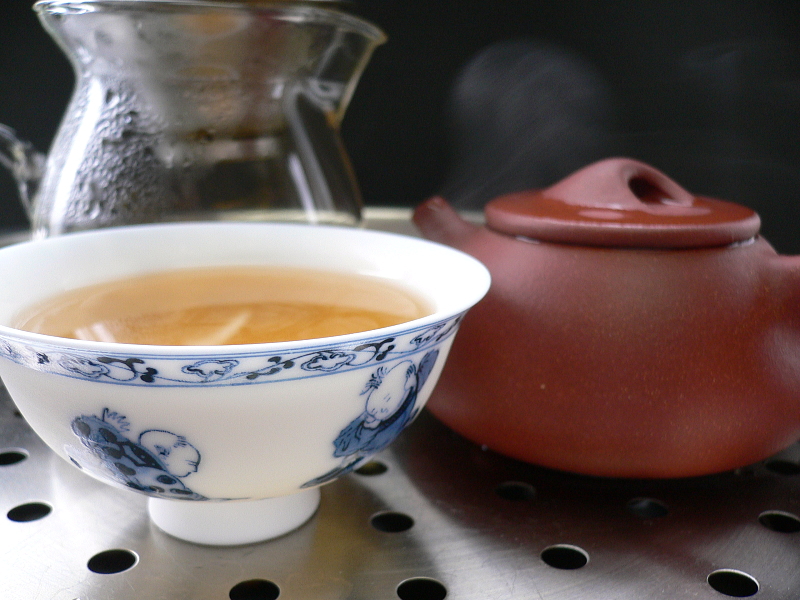Gustavus is a college that desires to get students, staff, and the St. Peter community involved with events on campus, especially with events that promote diversity and opportunities to learn about different cultures.
Last Friday, the PanAfrikan Student Organization (PASO) hosted African Night to promote African culture at Gustavus.
The Department of Literatures, Languages & Cultures, along with Global China Connection are aiming to do something similar to promote Chinese culture at Gustavus by hosting a Chinese Tea Ceremony on Monday, March 21, in the St. Peter Banquet Room.
The Chinese Tea Ceremony occurred for the first time at Gustavus last year, and was a success, bringing it back again this year for the second time. Junior Chemistry/PreChemical Engineering Major McKenzie “Mac” Lafferty attended the event last year and is excited about attending the even again this year.
“The ceremony last year was very calming and beautiful. I believe other students would find it very interesting.” Lafferty said.
The Department of Literatures, Languages & Cultures, and Global China Connection are also bringing in a guest Tea Master just for the occasion. Peiju Liu Picard is an expert in tea and was trained as a tea master in Taipei, Taiwan.
According to Senior Economics Major, and one of the coordinators for the event, Haiyun Liang, “the Tea Master, Peiju Liu Picard, will provide audiences with thorough introduction of tea culture, Ch’a Tao, and traditional process of making a cup of Chinese tea.” The audience will be interacting with Picard, and joining her in the process of tea making by using many of their senses including sight, smell, hearing and taste to fully engage in the process.
“The ceremony last year was very calming and beautiful. I believe other students would find it very interesting”—McKenzie Lafferty
Visiting Assistant Professor inModern Languages, Literature, and CulturesandChineseNan Li said, described a traditional Chinese Tea Ceremony.
“During the Tang Dynasty, tea was said to have certain virtues and drinking tea was a habit or hobby for noble scholars. However, in some places the tea ceremony has a religious meaning,” Li said.
Although tea, and tea ceremonies can be associated with religion in various Asian cultures, it has other specific purposes as well.
“Tea can keep you healthy, purify your mind, and help with meditation and reflection on your inner world.” Li said.
Liang explained why she thinks this is an important event for Gustavus students, staff, and the St. Peter Community to attend.
“One of the goals developed by Gustavus the mission statement is “developing an international perspective”. Tea culture is an essential component of Chinese/Asian culture. I believe this event will better the Gustavus community’s understanding of Asian cultures and sense of diversity.” Liang said.
The Chinese Tea Ceremony will bring many people together and can provide a calm environment for reflection to those who seek it.
“Tea can keep you healthy, purify your mind, and help with meditation”—Nan Li
“Tea can purify your heart and can promote a harmonious relationship among people.” Li said.
Haiyin Liang and Professor Nan Li are both looking forward to the event and have high hopes for the outcome.
“I hope participants can “find a new peace of mind and walk into the world with peaceful thoughts”.
Culture is not just knowledge and information that we need to take in. It is something that we can use to grow into better individuals by digesting and processing it in our own way.” Liang said.
